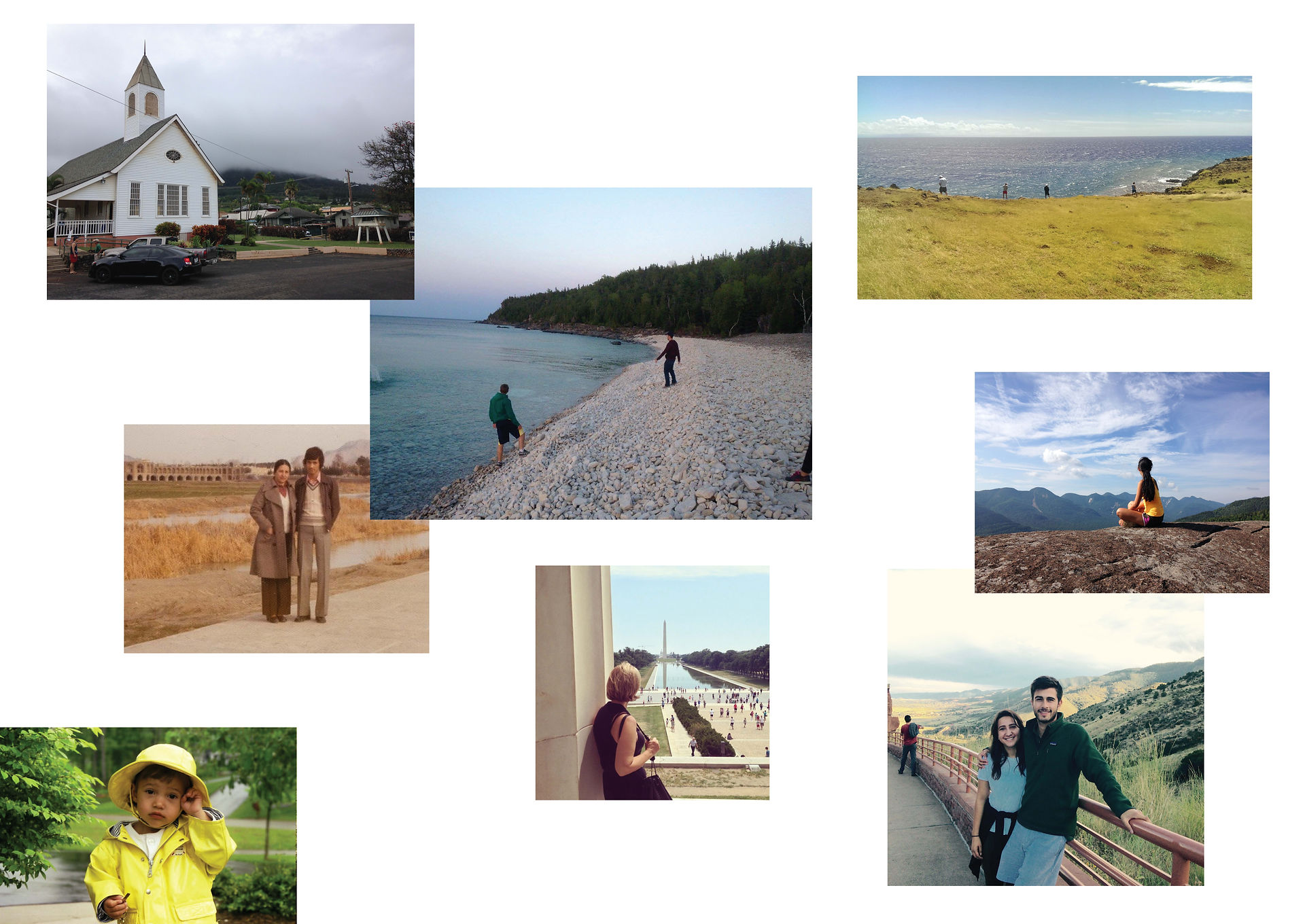
Cameron Fattahi
Writing Portfolio
Adventure Calls
At last, the capstone project of my Minor in Writing. This project was not easy. There were many twists in turns in the road that lead to the finished product; it was an adventure, if you will. It began as a New Yorker-styled, immersive journalism piece investigating the therapeutic aspects of adventure. I planned to either follow rock climbers on a climbing trip and interview them or volunteer at an adventure therapy clinic. I intended to have three sections: one of personal narrative, one of third-person narrative using journalism, and one of scientific information. But problems arose along the way, and I was forced to rethink my project.
This final version focuses on outdoor adventure and the reasons we choose to pursue it. This topic is extremely appealing to me because of my love for outdoor adventure and my desire to understand people. With this project, I was able to research a passion of mine, consider why I am so intrigued by it, and learn why others may be intrigued by it as well. In the end, I conclude that although adventure may sometimes put people in dangerous situations, there are many benefits; some are general and relate to us all, others are personal and unique. If you are one who craves adventure, it is my hope that this project will allow you to learn a bit more about yourself.
I consider the genre of this piece to be an analytic/argumentative personal narrative. It is truly a mash-up of a few different genres, including personal narrative, journalism, science writing, and argumentative writing (although the argumentative aspect is quite subtle). It is directed at all readers of The Atlantic: Those who enjoy outdoor adventure will have something to learn about themselves while those who do not may acquire a greater appreciation and understanding of those who do enjoy outdoor adventure. In an attempt to make the science component of my writing accessible to all readers, I generalized and simplified much of the scientific information—note: I did not construe it; rather, I presented it in a simple manner and left out many of the details. This piece appears in The Atlantic because, more so than the New Yorker, they publish articles that blur genre boundaries (e.g. this piece by Olga Khazan about the personal and scientific experience of loosing your first language). Furthermore, I felt that my language was not as flowery and adorned as that which typically appears in the New Yorker. Both the genre and style of this project seem to be a better fit for The Atlantic.
To put my article on The Atlantic website, I used a software called "Mozilla Webmaker" which allowed me to edit the HTML code of the webpage. Therefore it should appear exactly as an Atlantic article would. Furthermore, it is fully functional! Links are embedded within the text and menu options direct you to other articles. Feel free to click around and you will notice that it functions just as The Atlantic's webpage typically would.
For best viewing purposes, please ensure to disable your pop-up blocker when opening the link below (attached to the image of the homepage). Also, the link has been notoriously faulty when using Safari; I would suggest using either Google Chrome or Internet Explorer to open the webpage (in Chrome, you may notice a small shield that appears in the URL bar—click on that if the page does not open properly).
Please proceed to viewing my capstone project by clicking on the image below.
